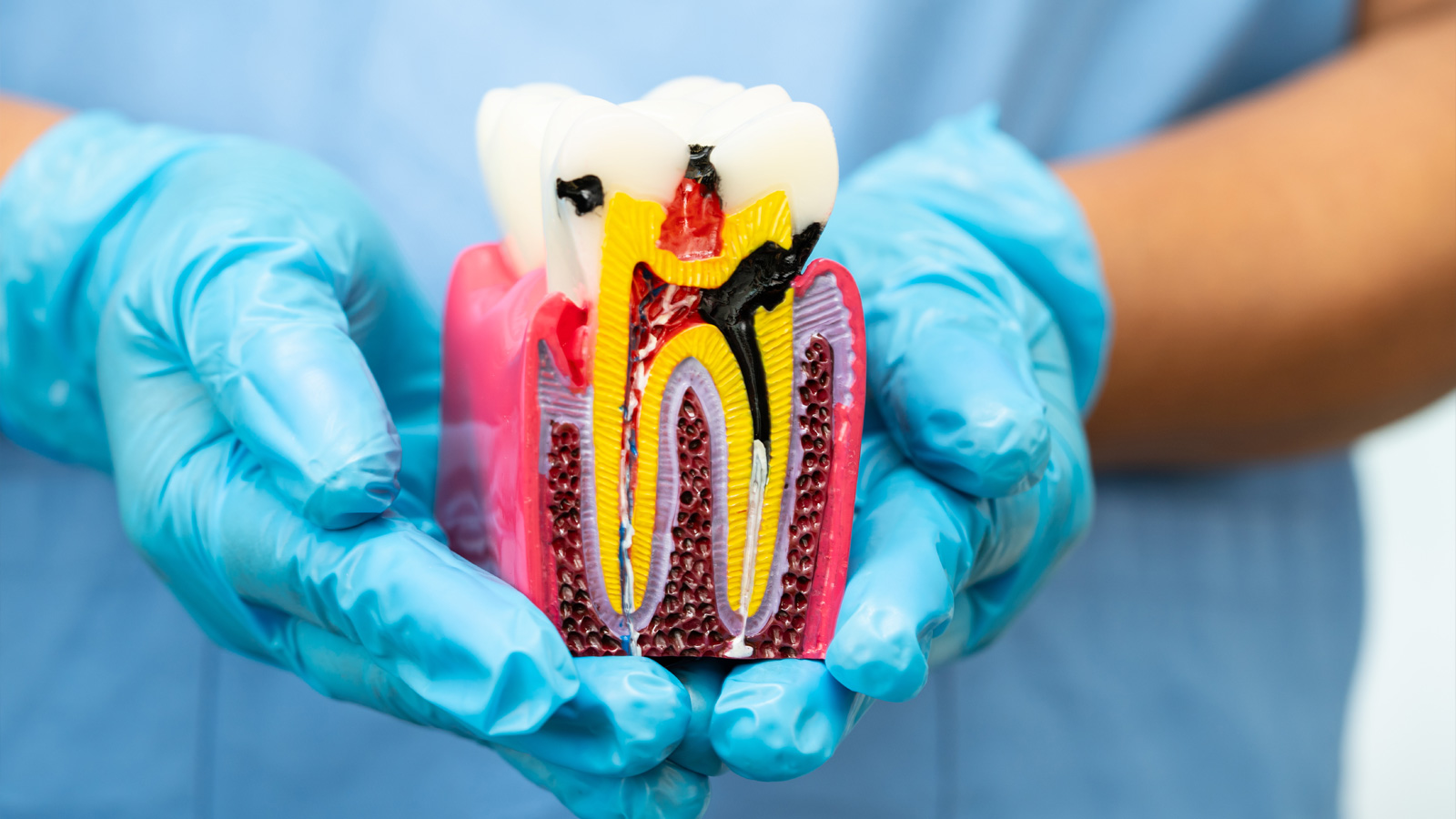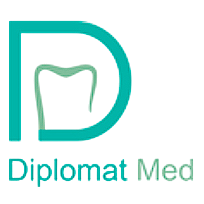Caries treatment — modern options, clinical effectiveness,
and the role of prevention

What dental caries is and why early care matters
Dental caries is the progressive breakdown of tooth hard tissues driven by acids produced when plaque bacteria metabolize sugars. The process starts with enamel demineralization and, if untreated, advances into dentin, causing sensitivity, pain, and cavitation. The WHO oral-health brief underscores how widespread oral diseases remain across Europe and globally, with caries in permanent teeth among the most prevalent conditions. Timely intervention shortens treatment, reduces costs, and prevents pulpal complications.
Epidemiology across Europe and the CIS
Despite prevention programs, caries remains a major public-health issue. European organizations report substantial prevalence in children and rising rates with age, while among adults most people have experienced at least one treated or untreated lesion in their lifetime (EFP). In the CIS, clinical observations show higher burdens: in the Russian Federation, caries experience in adolescents reaches 80–85%, and in adults exceeds 90%, highlighting the need for early care and sustained prevention (RUDN Medical Journal).
Stages of caries and clinical cues
Initial (non-cavitated) lesions
Appear as white, chalky spots. Pain is minimal, yet demineralization is active. Professional remineralization can arrest lesions without drilling.
Superficial caries
Enamel breakdown leads to sensitivity to cold, sweet, or acidic stimuli. Conservative preparation and sealing restore integrity.
Moderate caries
The lesion reaches dentin, intensifying chewing pain. Minimally invasive preparation and high-quality composite restoration are indicated.
Deep caries
Progression approaches the pulp, with possible nocturnal pain. Delay increases risks of pulpitis and apical periodontitis, requiring endodontic therapy.
Modern Methods of Treating Tooth Decay
Remineralization Therapy
Remineralization is used in the early stages of tooth decay when enamel damage is minimal. Preparations containing fluoride, calcium, and phosphates are applied to restore the mineral balance of the enamel and prevent further destruction.
Dental Fillings
Dental fillings are the most common method of treating moderate and deep cavities. After removing the affected tooth tissues, the cavity is filled with composite materials that closely imitate the natural color and structure of the tooth.
Enamel Infiltration
A new minimally invasive method that allows stopping the progression of early caries at the “white spot” stage without drilling. This approach is especially effective for children and teenagers.
Treatment of Complicated Caries
If the inflammation reaches the pulp, endodontic therapy (root canal treatment) is required. Modern methods involve the use of magnification optics, apex locators, and biocompatible materials to ensure a hermetic seal of the canals.
What the science says: outcomes and longevity
Systematic evidence indicates that regular preventive visits plus prompt restorative care reduce the risk of complications—pulpitis and periapical infection—by roughly 60–70% (J Clin Periodontol). Contemporary composites show strong clinical longevity when paired with proper hygiene and recall, while professional fluoride varnish applications reduce caries incidence in children and adolescents by 37–46% compared with no professional remineralization (Cochrane; PubMed).
Prevention beyond the toothbrush
Twice-daily brushing, interdental cleaning, and fluoride toothpaste are essential but not sufficient. Mature plaque calcifies into calculus in retention areas, so in-office ultrasonic debridement and Air Flow complement home care. Limiting sugary snacking, ensuring adequate calcium, phosphorus, and vitamin D, and attending 6-monthly check-ups markedly lower the risk of new lesions.
Caries treatment at Diplomat Med Center
At Diplomat Med Center, we follow international protocols prioritizing digital diagnostics, minimally invasive techniques, and durable esthetics. Your journey begins with precise diagnostics and a personalized plan, continues with professional debridement using ultrasound and Air Flow to create a clean environment, then proceeds with remineralization or composite restorations according to lesion stage. When needed, we perform endodontics under rubber-dam isolation using biocompatible materials for long-term sealing. In parallel, we reinforce prevention with periodic fluoride applications, hygiene coaching, and risk-based recalls.
Our model is integrated: if we detect gingival inflammation or calcified deposits, we coordinate with periodontal care; for occlusal stability and load distribution we involve orthodontics. For young patients we provide gentle protocols within pediatric dentistry, including sealants, prevention, and age-appropriate education.
Book your caries treatment at Diplomat Med Center today — we restore comfortable chewing, protect enamel, and preserve a confident smile with safe, durable, and personalized solutions.
Leave your details, and we will contact you shortly.
